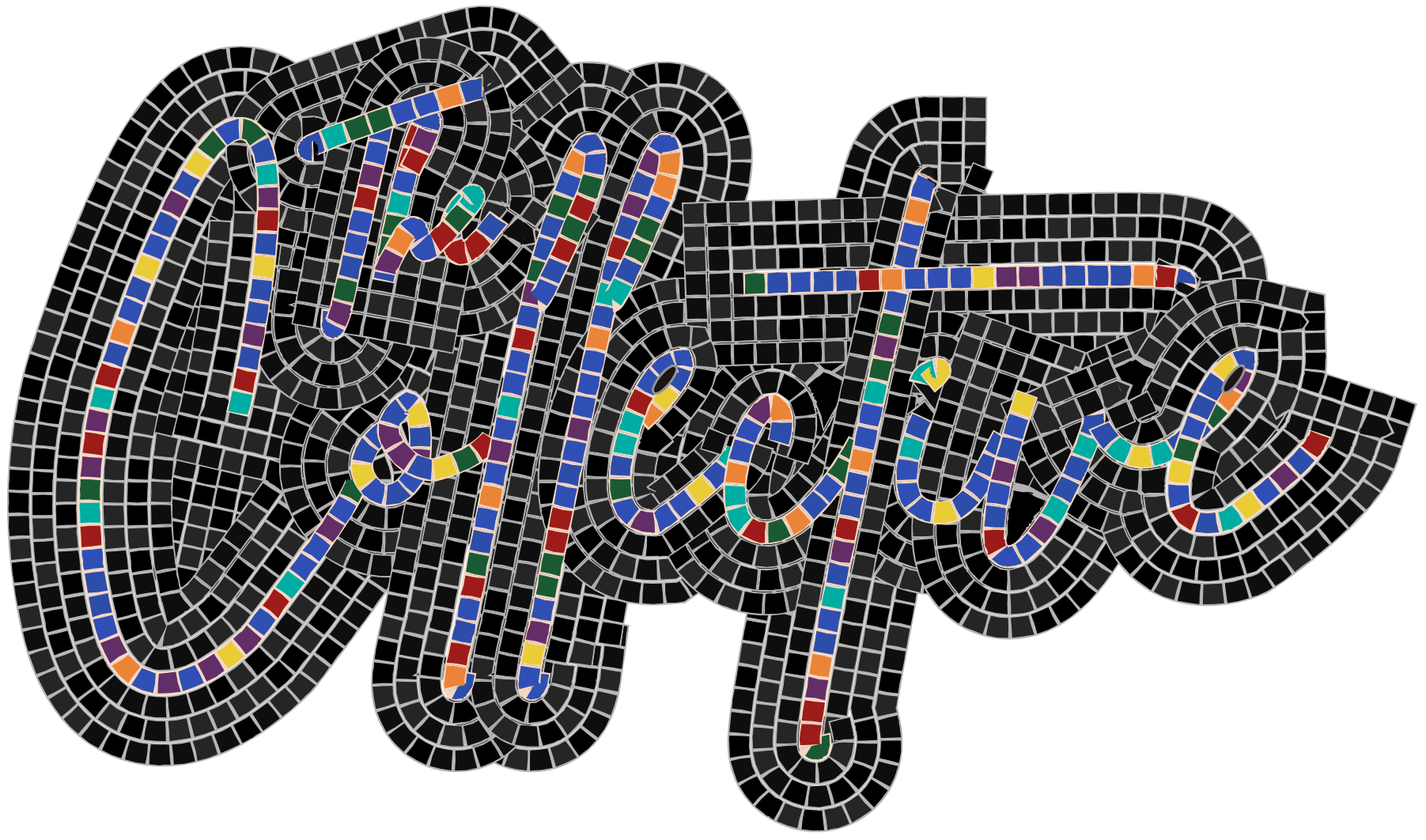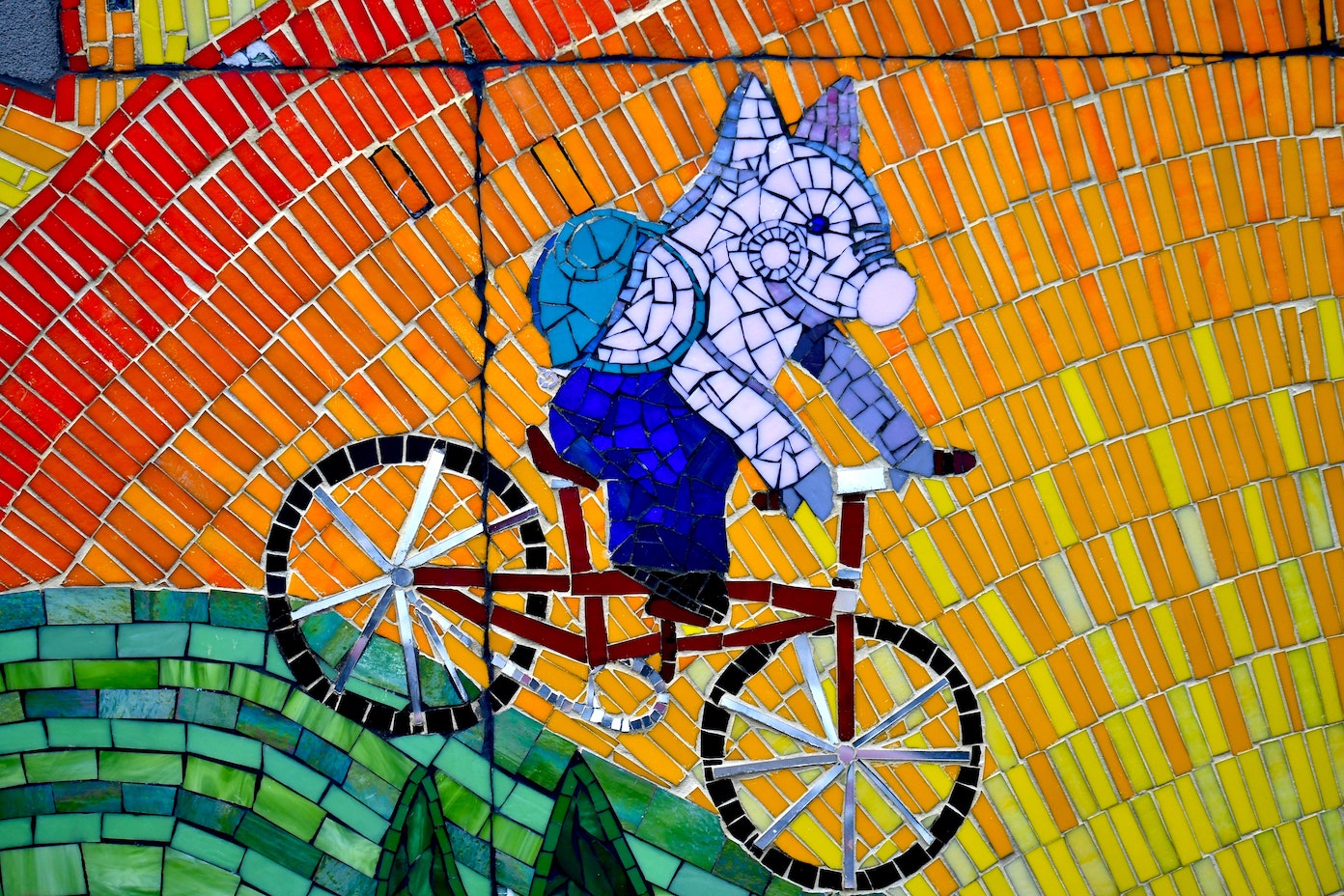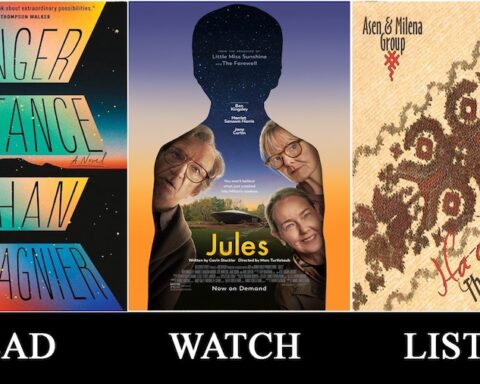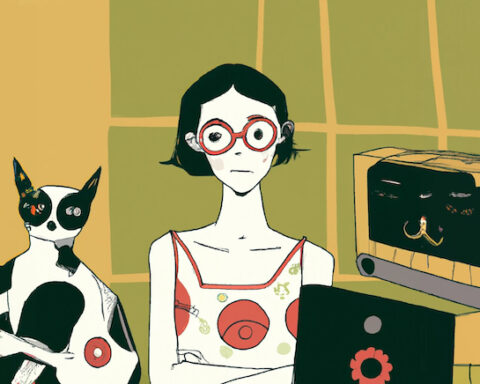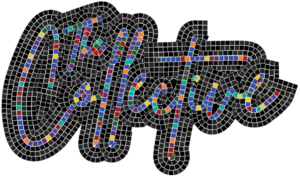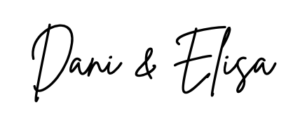Collective writers share about either shifts in thinking they’ve experienced within the past year or the nature of conceptual shifts in thinking — how they feel, how they come about, and why they matter.
Recently, as a conductor, I’ve been shifting the way I use movement to communicate and express musical intent to the ensemble. As I continue this shift, two ideas come to mind: (1) there is significant lag between completing the shift conceptually and feeling consistent physical results and, (2) progress occurs best when one mentally lets go of conscious conceptual thoughts and listens to intuition. Once the shift feels intuitive rather than consciously dictated, then the trained body is connected to the prepared mind and heart.
Isaac Brinberg
I am recently overcome with wonder regarding the perfection of plants. They are a sublime example of sustainability and resiliency, and can adapt well to shifts in their environment (growing more or less depending on the conditions but never consuming more than what the earth provides). I consider how my day-to-day life and music-making can become more plant-like, more sustainable, and more resilient. Plants do not grow year-round and neither should we expect individual artistic creativity to; when periods of productivity and rest are simultaneously embraced, we allow ourselves the space to reflect and grow.
Mona Yamazaki Sangesland
I’ve come to realize that epistemological shifts are supposed to feel threatening; rather than confirming what we already know, they make vulnerable our constructions of self and reality. Leaving oneself unresolved is difficult, especially in a society obsessed with self-actualization. However, willfully resisting the safety of (en)closure might allow us to empathize more generously; to relinquish power when it does more harm than good; and to look at the unknown and see a better future.
Noël Wan
The institution protects itself. The “if it ain’t broke, don’t fix it” mentality has dug us into an abysmally deep hole that requires extensive collaboration to climb out. Institutionally manufactured committees that continuously underperform will no longer be tolerated. We need student-faculty partnerships with supplemental pay, new trauma-informed pedagogical/andragogical practices, and a collective understanding of rhetoric as a means of domination. We need immediate change.
Tori Tyler (she/they)
Shifts in “my” thinking, or shifts in “institutional” thinking?
Individual shifts, I think, happen over time, in community, in rest spaces. An idea’s seed gets thrown out because we don’t like the person who gave it. Another seed lands in the garden we share with our friends. We visit sometimes, almost unknowing. Years later a thought that might once have been literally unthinkable is suddenly grown enough to offer shade on a sunny day.
Shifts in institutional thinking—that’s harder. Writing helps us distribute thinking (and acting, and meaning making) throughout a group. Each person does a small piece that’s passed along to someone else. Nobody has a view of everything. Shifting “my” thinking might be involved in shifting institutional thinking, but it’s not the same thing.
Azlan Smith (they/them)
My Dad once said to me, without any humor, “I think you’re a zero. But people think ‘zero’ is the number most without value, when in fact, it is the most powerful number. People in the arts industries are using you because they are threes and fours, and they want to be thirties and forties. You multiply their value by ten, and you get stuck dealing with people who aren’t even high numbers in the first place, who do not acknowledge your value and think you are beneath them. You have to understand your value, and act accordingly.” This past year, I’ve thought about that a lot, about how within the larger world, art itself is valued as a zero – even though what it does is magnify the impact of everything it is attached to by a factor of ten. This shift in my thinking has really helped me understand and navigate the intersection of art and business in my own career.
Vijay M. Rajan
Stasis and homogeneity are built into the logic of capitalism, and “sameness” is a blatant trick brought about through a categorical slip – the conceptual violence of identification obscures the unsettling truth that shifting is all there really is. Reality itself is slippery, and thought must mimic reality if we are to wriggle our way out of a thoroughly unnatural phantasmagoria. Maybe a good question to ask is: what isn’t shifting, and why?
Ian Nutting
